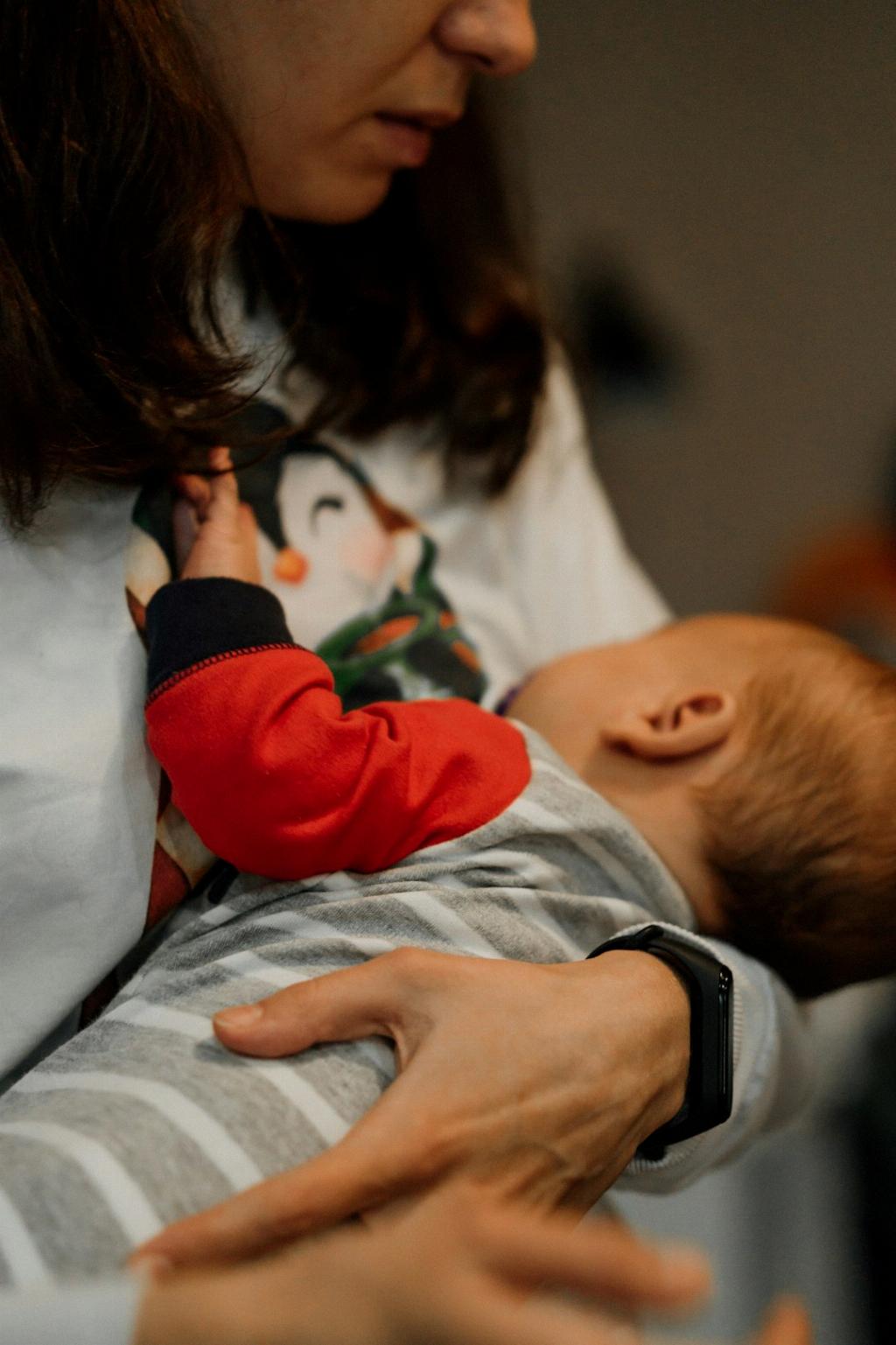Many new parents may wonder whether breastfeeding can lead to the development of rashes on the body. It is essential to understand the potential factors that could contribute to this occurrence.
Role of Prolactin in Postpartum Hives
One significant factor to consider is the hormone prolactin, which is primarily responsible for milk production during breastfeeding. Elevated levels of prolactin can potentially trigger postpartum hives in individuals who are sensitive to changes in hormone levels.
Factors Contributing to Skin Reactions
Aside from hormonal changes, various other factors may play a role in the development of rashes during breastfeeding. Stress, fatigue, allergies, and sensitivities to skincare products or laundry detergents can all contribute to skin reactions.
Understanding Allergic Reactions
In some cases, allergic reactions to certain foods consumed by the breastfeeding parent may manifest as skin rashes in the infant through breast milk. It is crucial to monitor both the parent’s diet and the infant’s skin condition to identify any potential triggers.
Preventing Rashes Through Hygiene
Practicing good hygiene habits, such as regularly washing bras, tops, and baby’s clothing with gentle detergents, can help prevent skin irritation and rashes. Keeping the skin clean and dry can also aid in avoiding potential skin reactions.
Consulting Healthcare Professionals
If a parent notices persistent or worsening rashes on either themselves or their infant during breastfeeding, it is advisable to consult a healthcare provider. A healthcare professional can assess the situation, provide guidance, and recommend necessary interventions.
Utilizing Hypoallergenic Products
Choosing hypoallergenic skincare products and detergents can reduce the likelihood of skin reactions in both the parent and the infant. Opting for mild, fragrance-free options can help minimize the risk of developing rashes.
Keeping Stress Levels in Check
Managing stress levels is crucial during the postpartum period, as heightened stress can exacerbate skin conditions like hives or rashes. Engaging in relaxation techniques, seeking support from loved ones, and practicing self-care can all aid in stress management.
Monitoring Infant’s Skin Health
Regularly inspecting the infant’s skin for any signs of irritation or rashes is essential for early intervention. Keeping the baby’s skin clean, moisturized, and free from potential irritants can help maintain optimal skin health.
Seeking Allergy Testing
If allergies are suspected to be contributing to the development of rashes during breastfeeding, allergy testing may be recommended. Identifying specific allergens can assist in making dietary adjustments or avoiding certain products to prevent skin reactions.
Embracing a Healthy Lifestyle
Adopting a well-balanced diet, staying hydrated, getting an adequate amount of rest, and engaging in moderate physical activity can promote overall health and potentially reduce the likelihood of experiencing skin issues during breastfeeding.
Conclusion
In conclusion, while breastfeeding itself may not directly cause rashes on the body, various factors related to hormone fluctuations, skincare practices, allergies, and stress levels can contribute to skin reactions. By being attentive to skincare routines, seeking professional guidance when needed, and prioritizing self-care, parents can navigate the breastfeeding journey while promoting optimal skin health for themselves and their infant.

